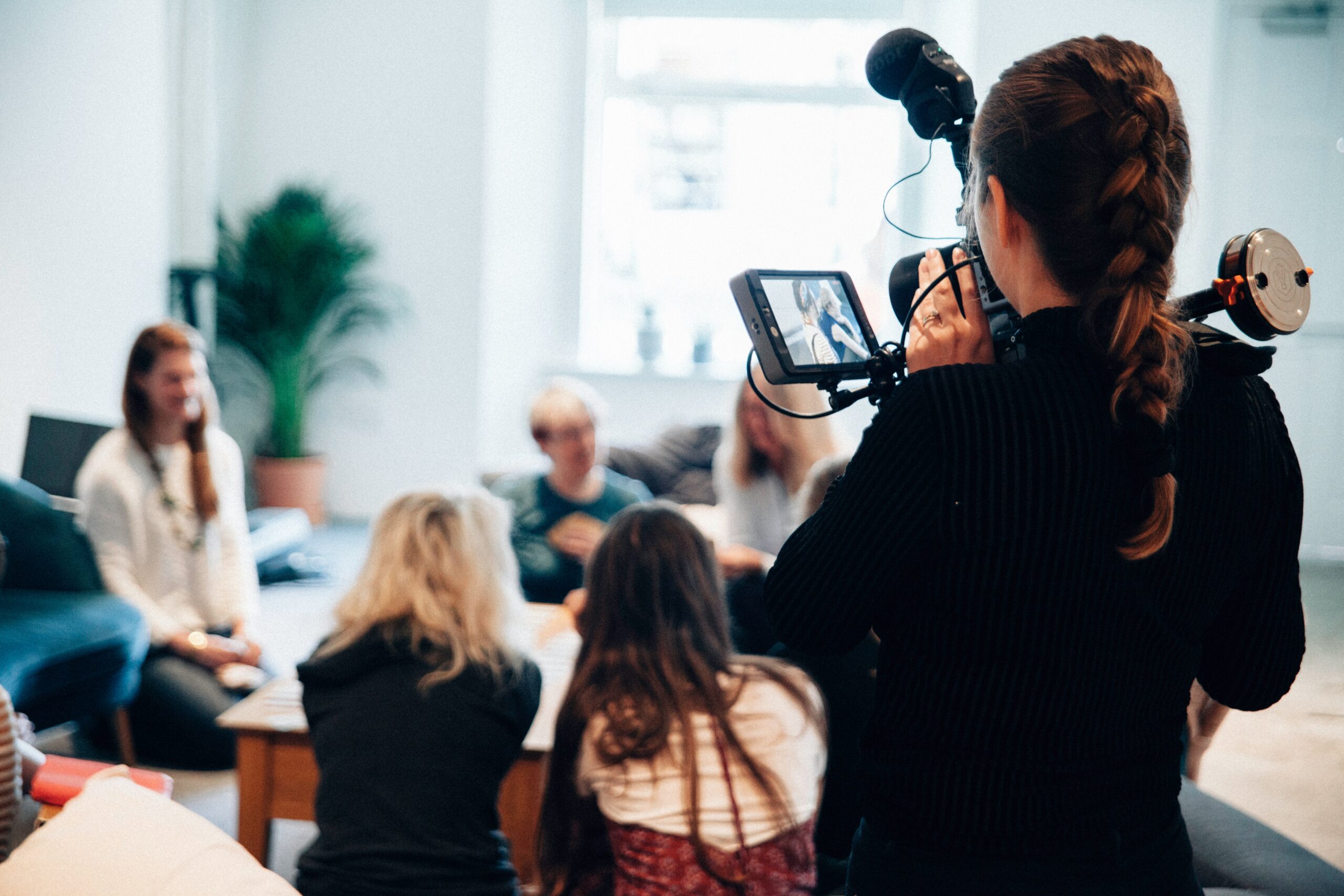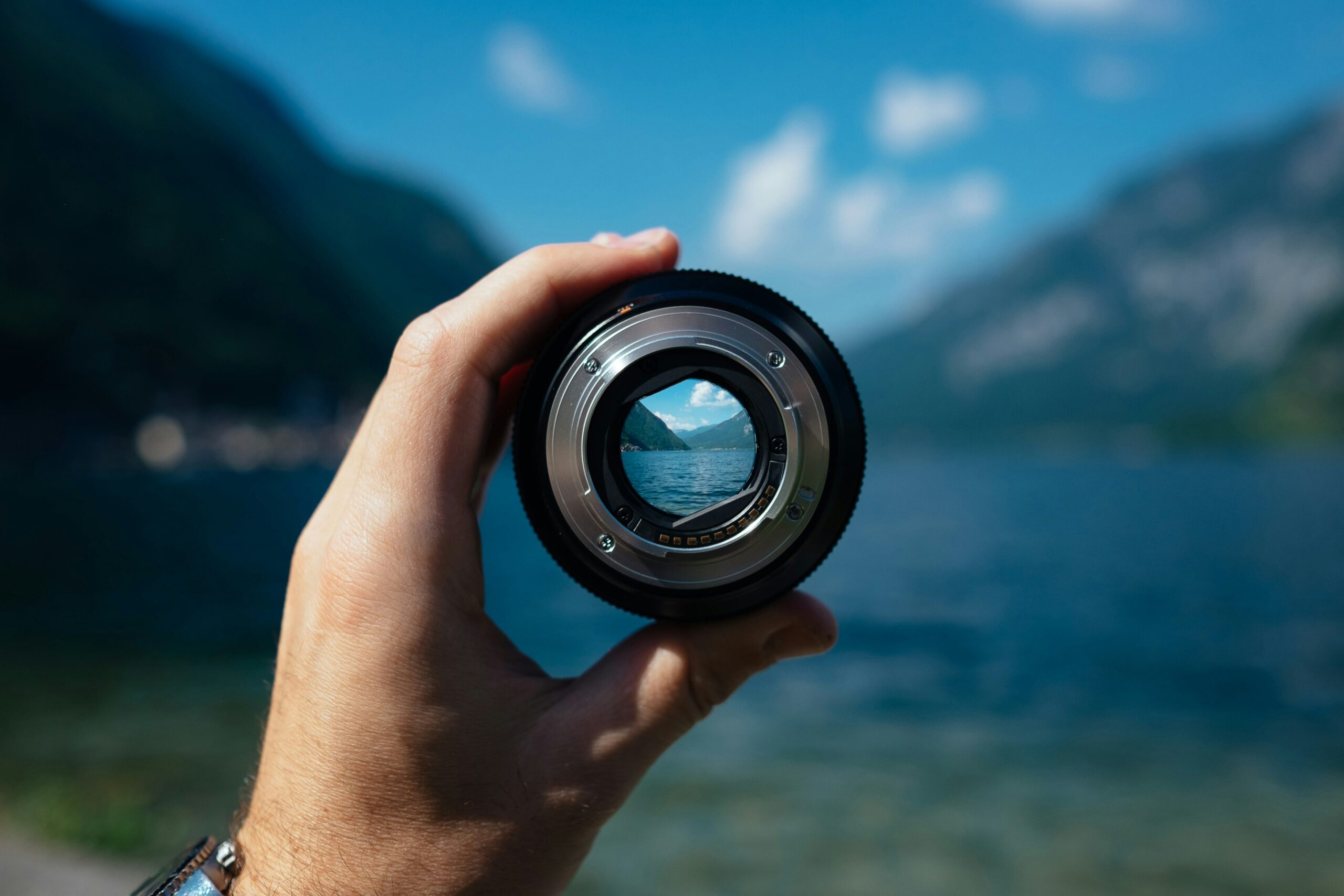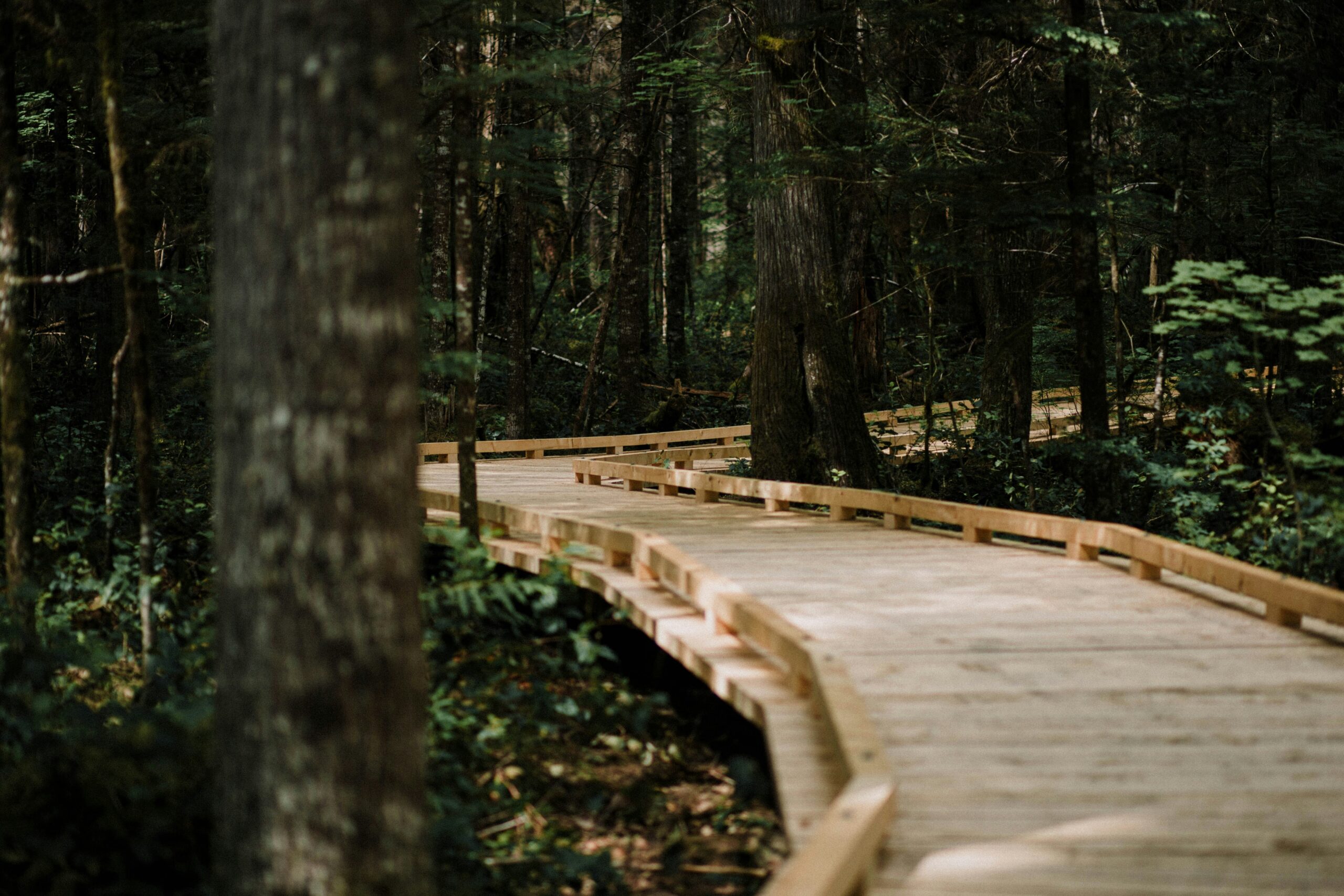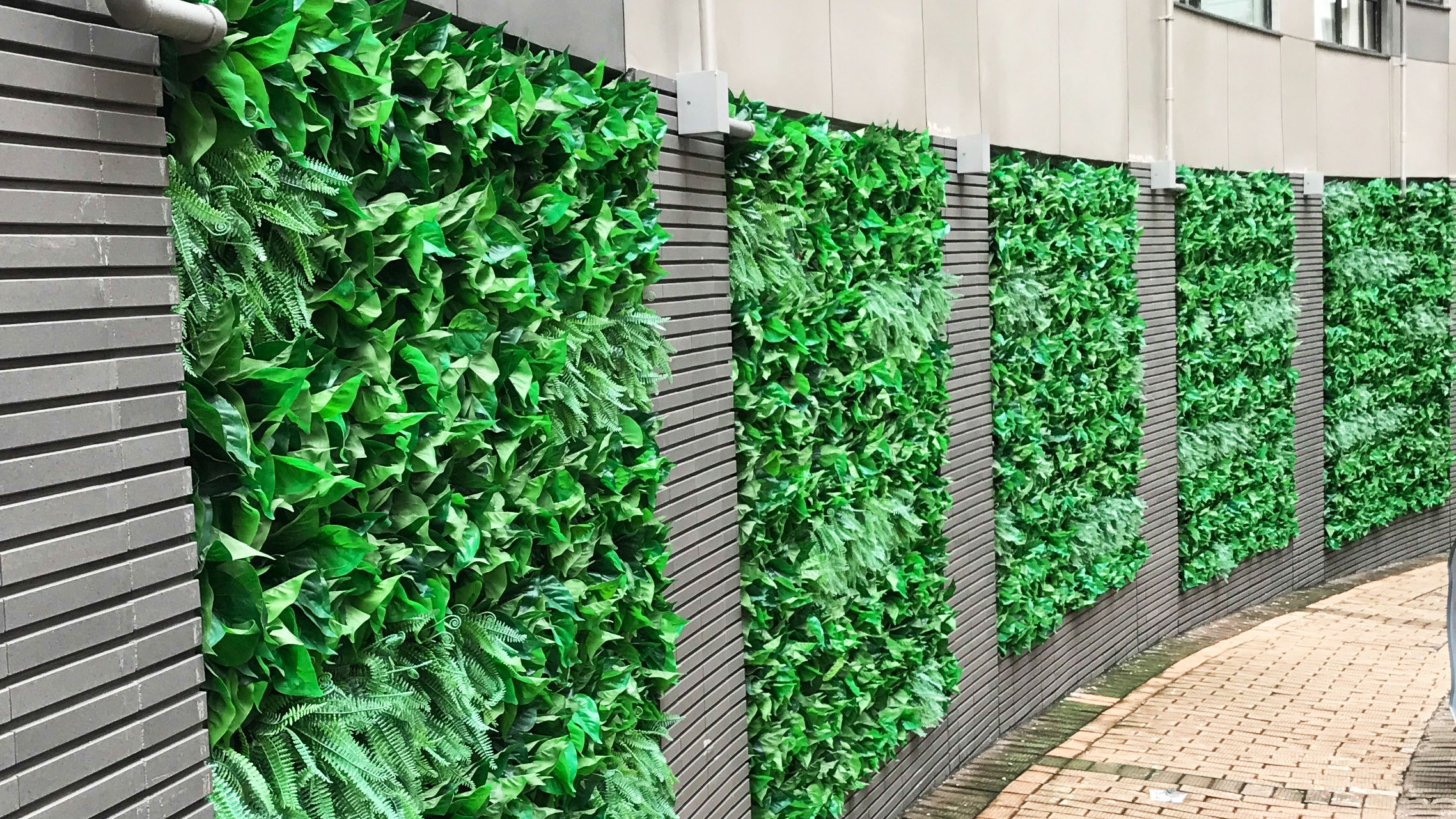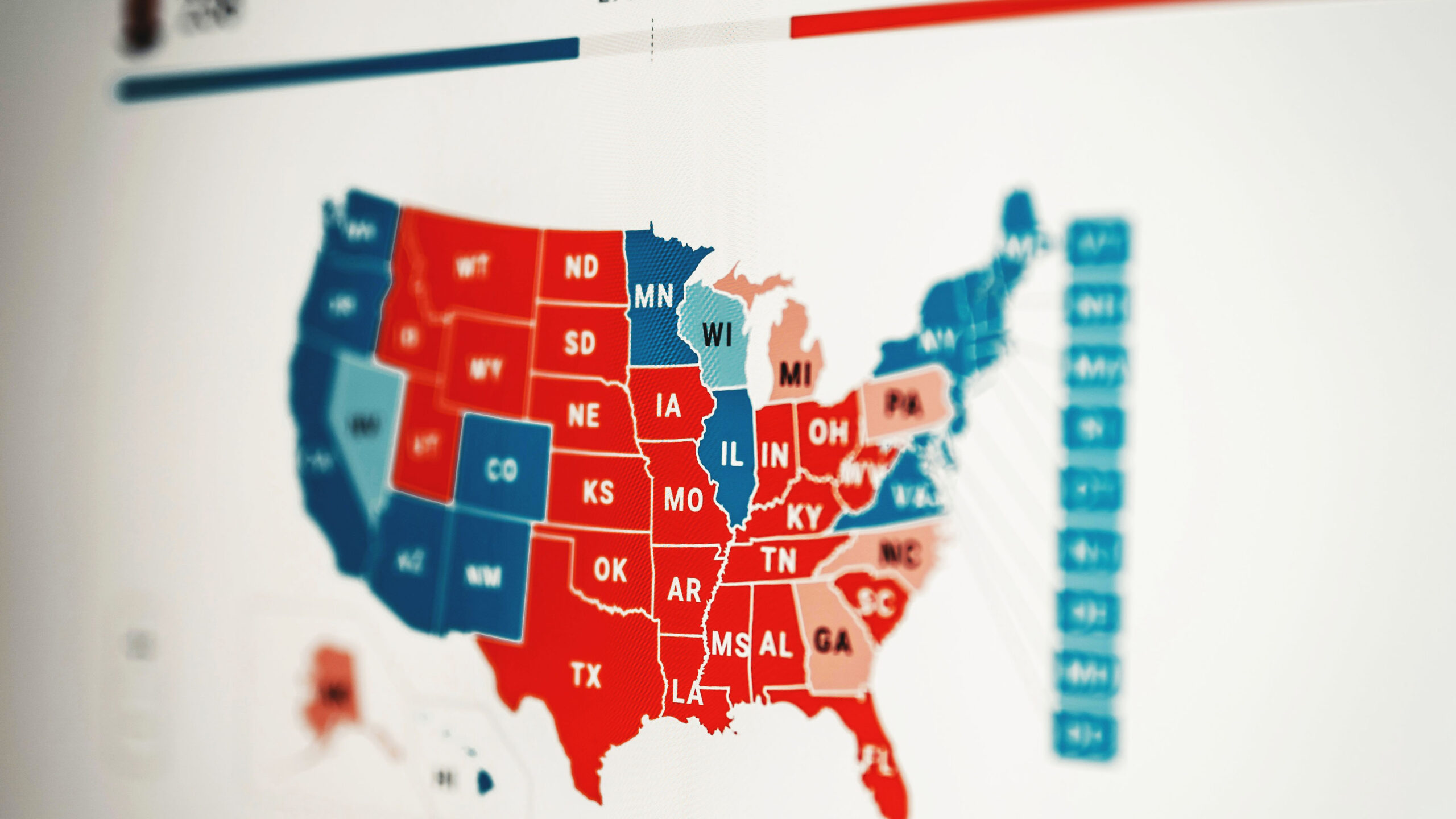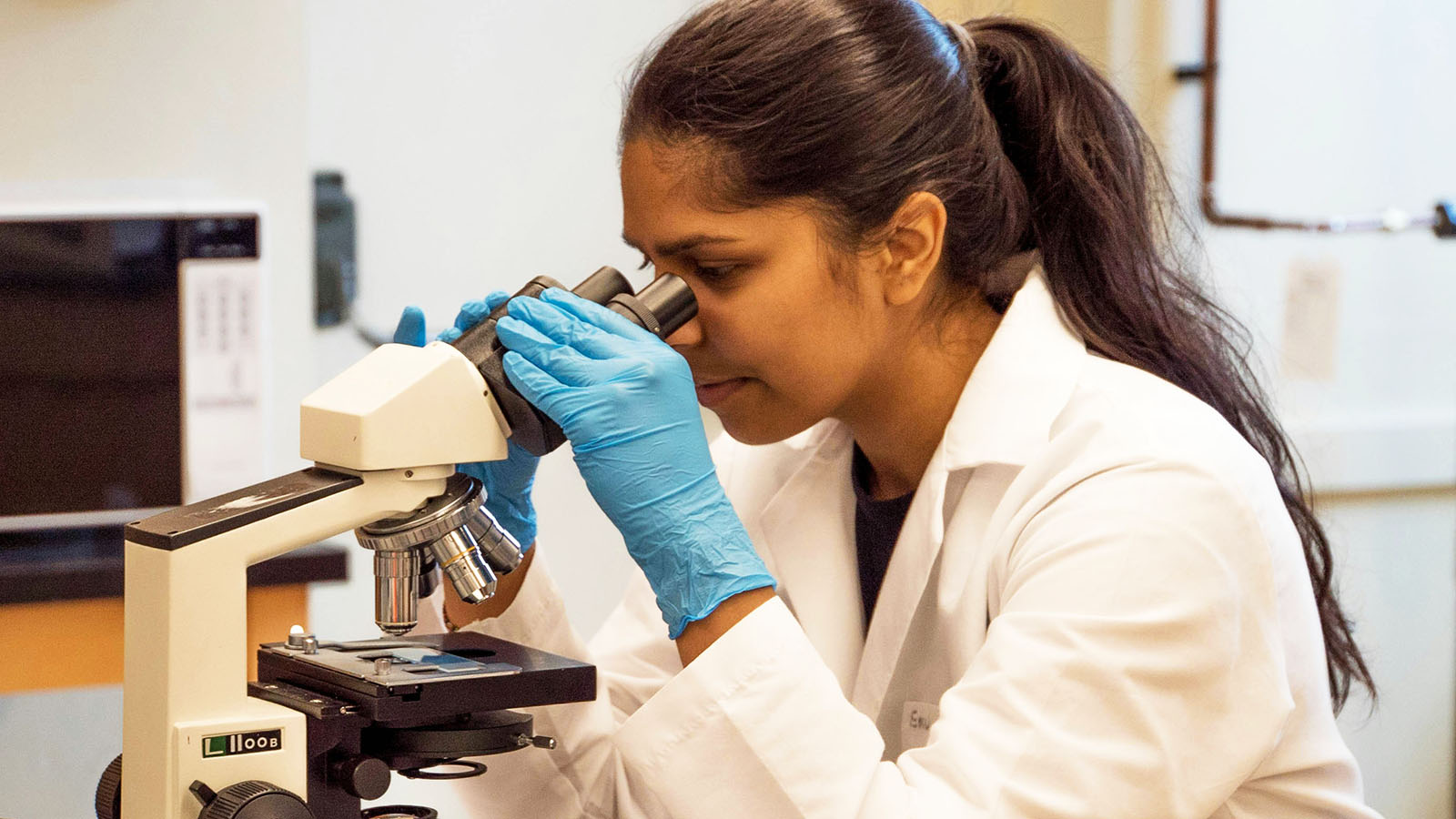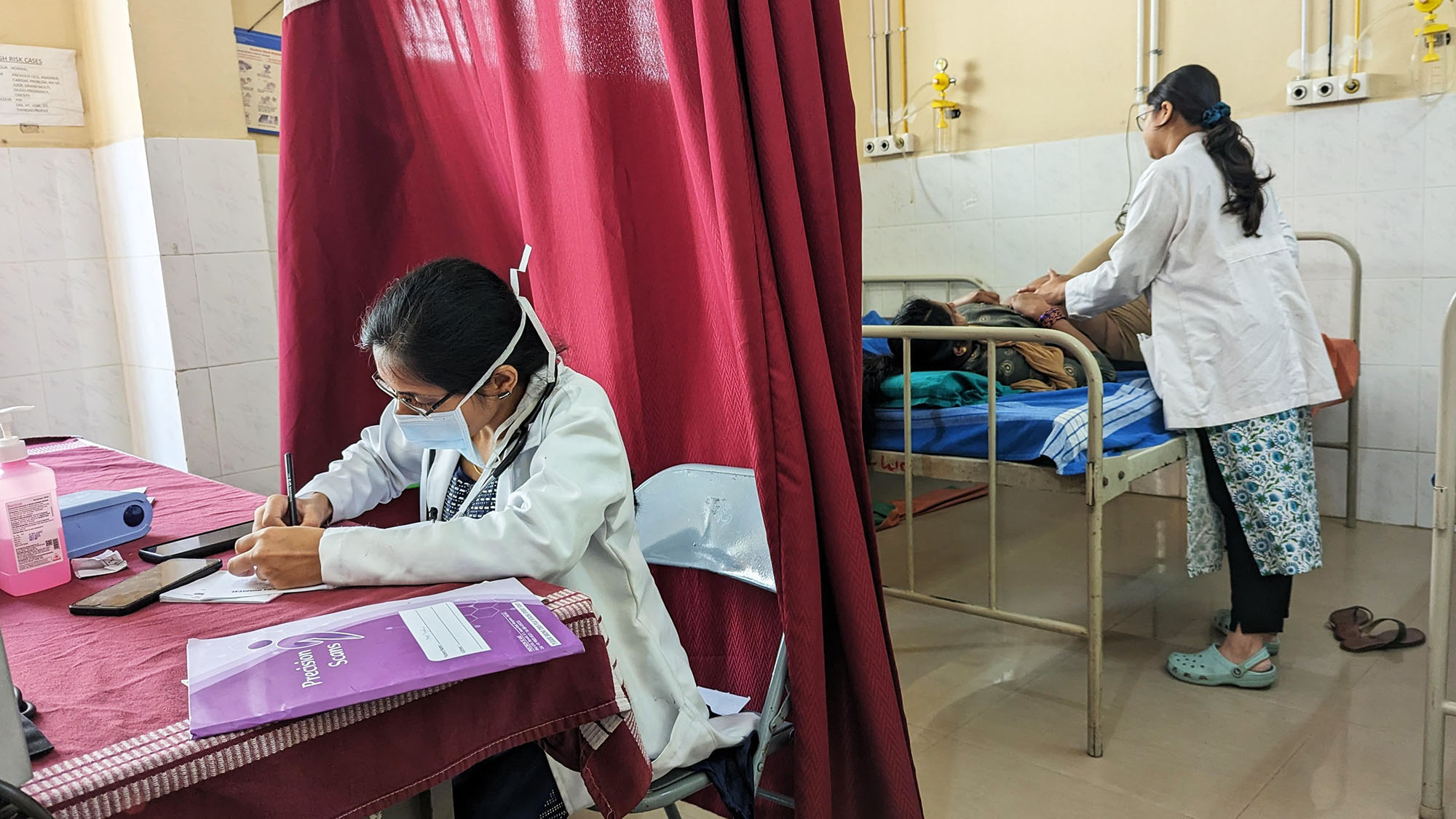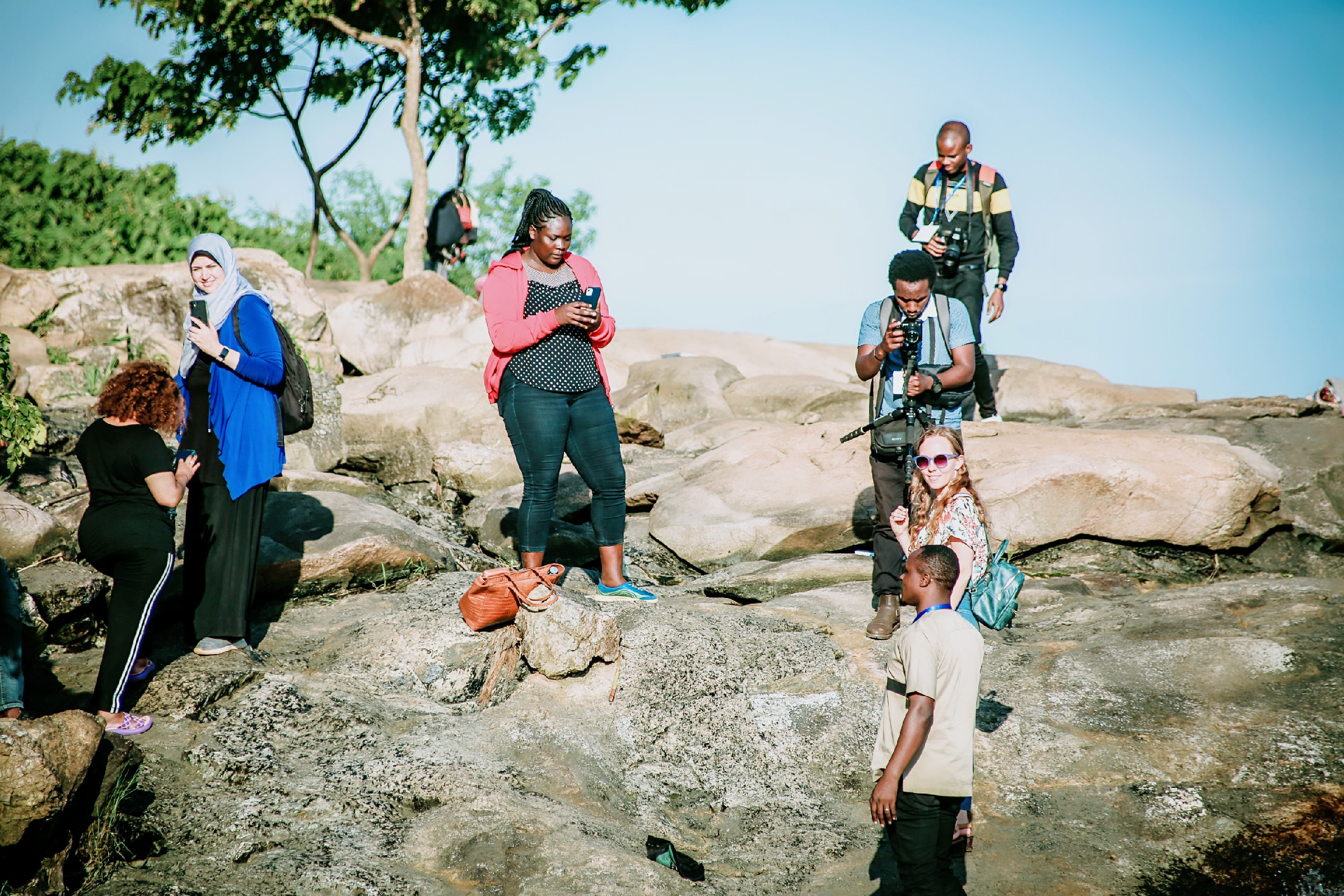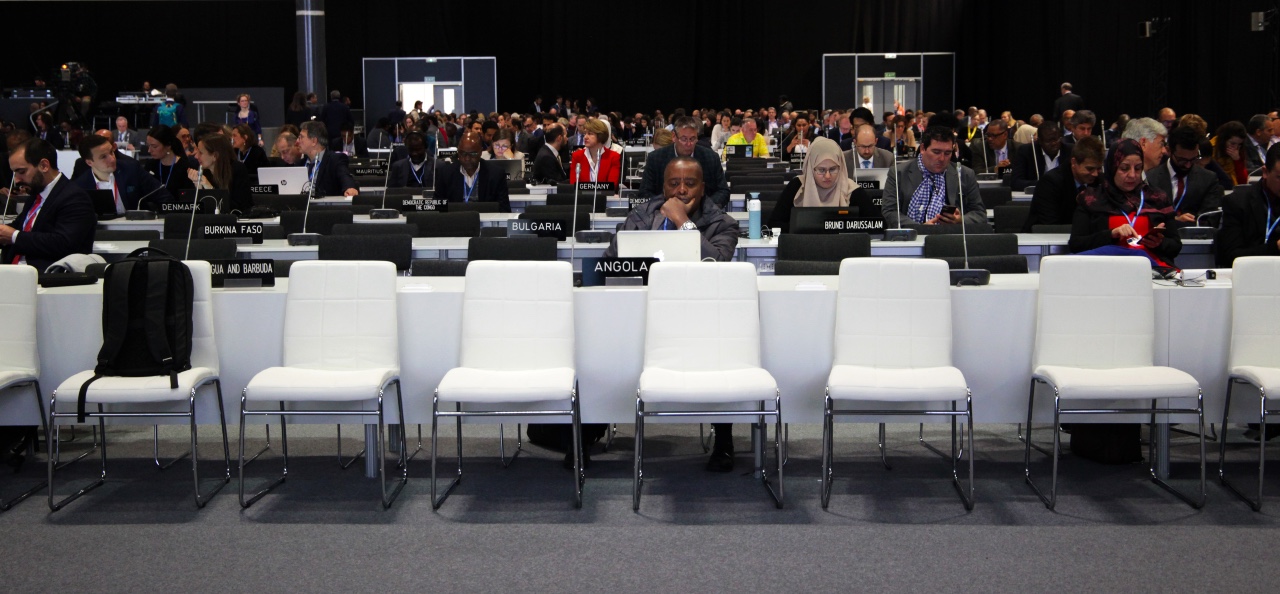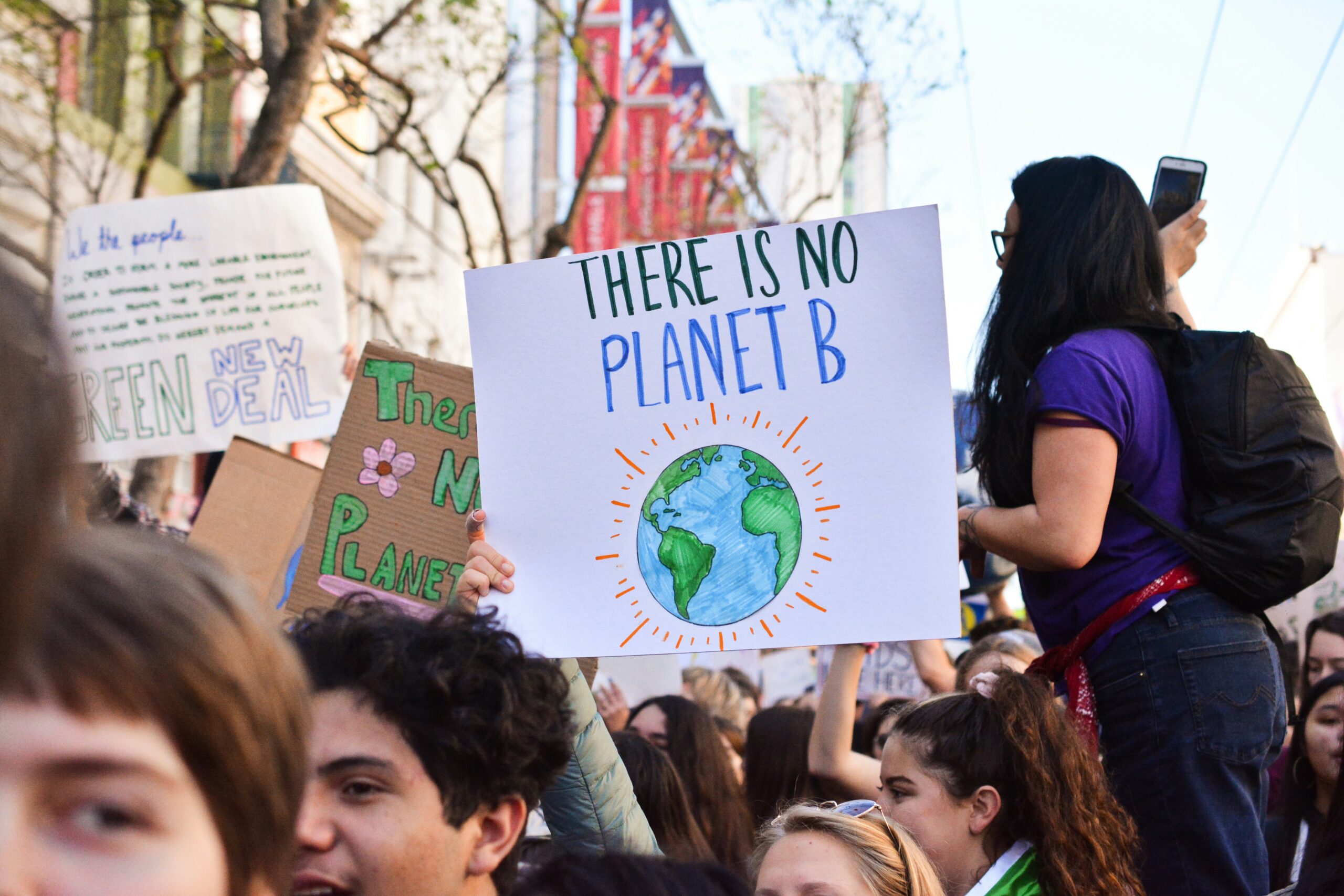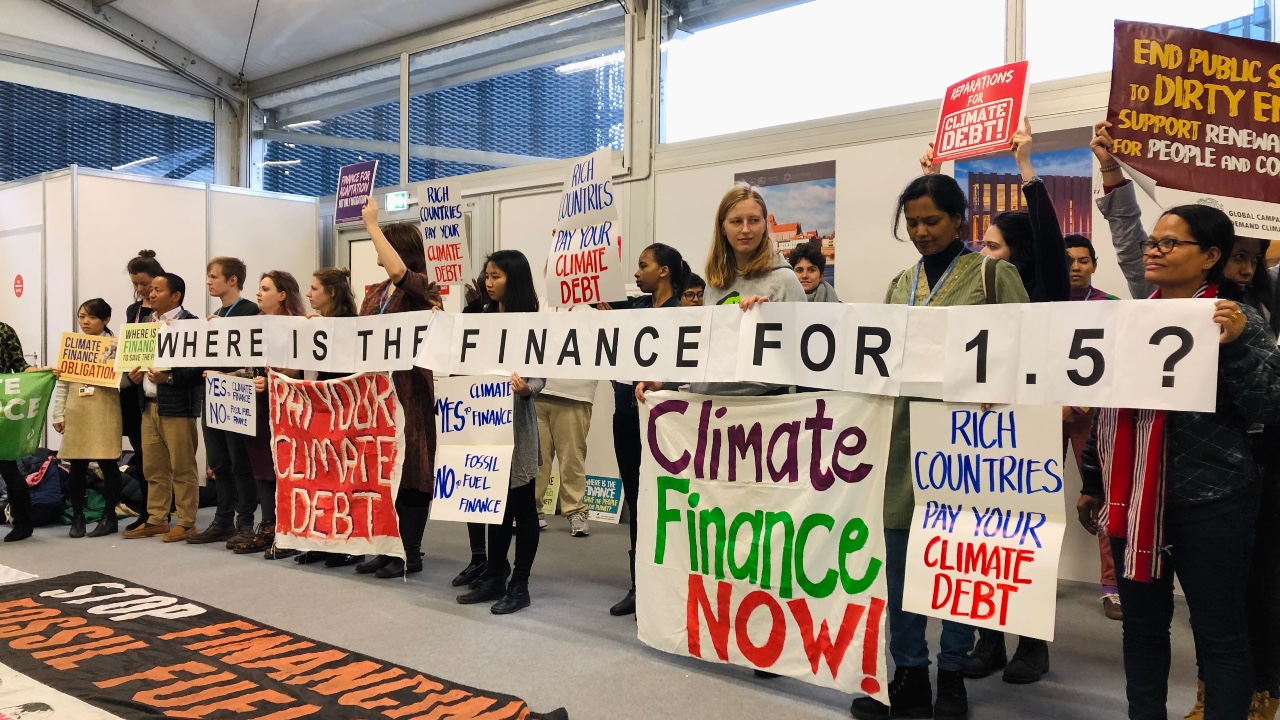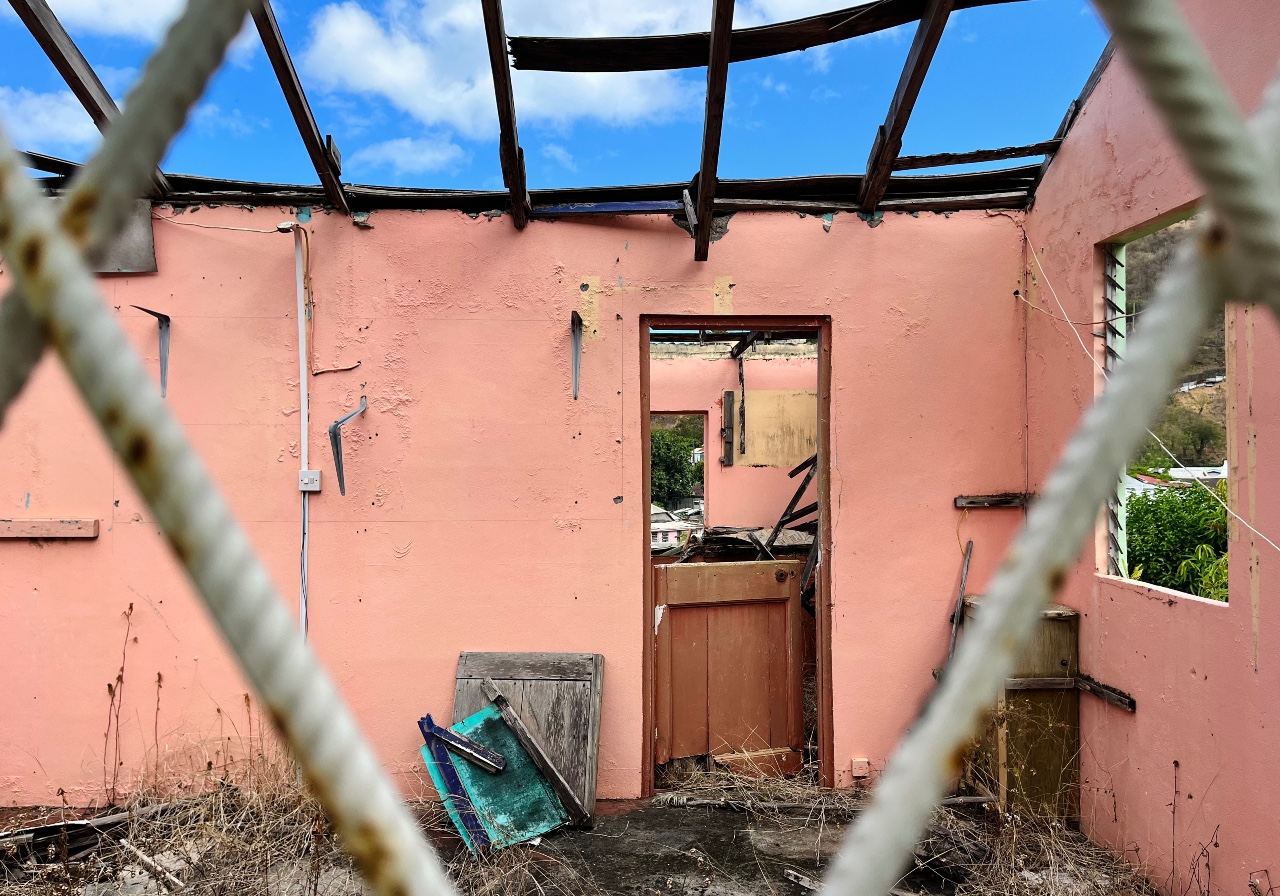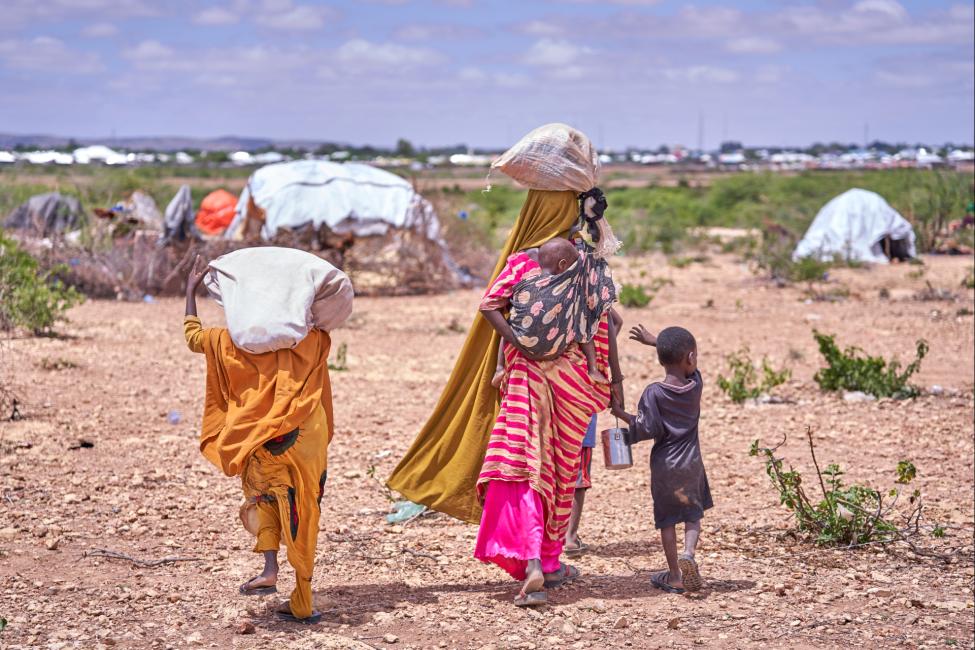The Constructive Climate Lens digital platform is based on the recommendations of 5 international climate journalists and our interactions with scientists, academics and journalists in the first half of 2024 at the Constructive Institute and The Novo Nordisk CO2 Research Centre (CORC), both based at Aarhus University. This isn’t exhaustive, but hopefully a starting point for editors and journalists.
Climate change will define the future of humanity like nothing else. How the media covers this crisis will help our societies define, shape and steer humanity towards an inevitable (hopefully green) transition.
And here lies the problem… Depressing, hopeless, unmanageable and repetitive: these are the words people use to explain why they avoid news about climate change. This is known as climate fatigue. Experts have found out that climate change coverage which induces “fear, guilt and shame” does not work for most people; they escape into denial. Journalism needs to reimagine the climate beat. We offer the “Constructive Climate Lens” as one approach: nuanced, forward-looking, layered, and captivating reportage.
This is not to replace existing and often excellent climate reporting, but to supplement it in order to fight climate anxiety and news avoidance. Constructive reporting aims to instil hope amongst readers that there will be a future worth fighting for. Stories about a lower-carbon world can also be about a better, cleaner and healthier world.
Find Out More About The Why, What & How
Tool Box
Tip and tricks to clarify and focus your reporting
Deep Dives
How to use the Constructive Climate Lens in different fields
Five climate journalists from five regions were brought together in Denmark for five months with one goal: find new ways to cover climate change with a constructive lens. The program has been developed by the Constructive Institute in partnership with the Novo Nordisk Foundation CO2 Research Center (CORC).
5 science journalists from 5 different continents
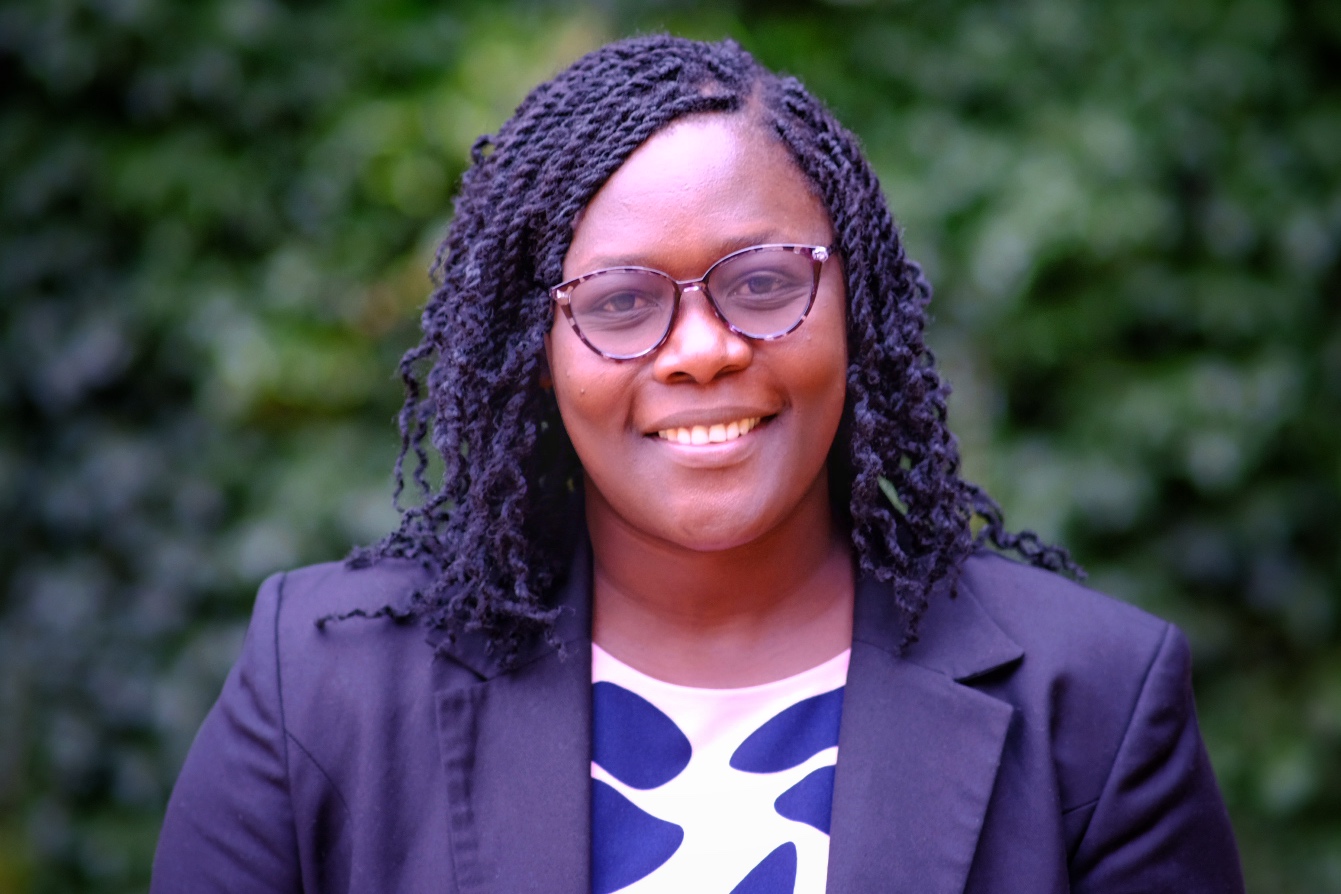
Mactilda Mbenywe
Kenya
Africa
Science Journalist at the Standard Group
Mactilda Mbenywe is a 30-year-old self-driven, motivated and passionate multimedia science journalist in Kenya, with a knack for environment, climate and Health stories. She is a journalist with the Standard Group, a mainstream media house in Kenya with a mission of uncovering cross-border critical issues on both land and marine biodiversity through data-based multimedia storytelling. Mactilda has covered global conversations on environmental issues such as the COP UN Climate Summits, the UN Environment Programme Summit and the UN Environment Assembly. She has won an Annual Journalism Excellence Award for her reporting on how climate change spurs mental crises.
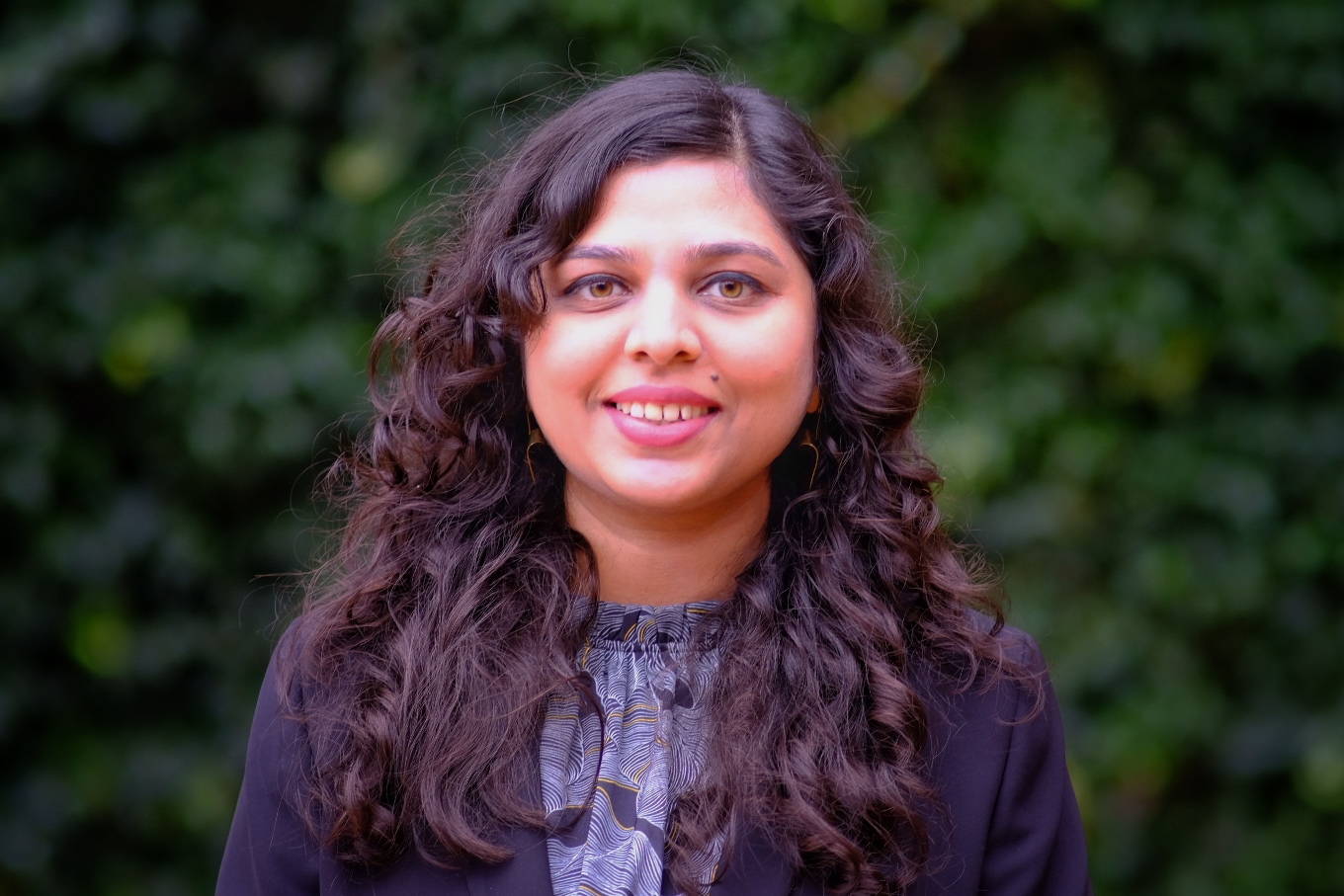
Mahima Jain
India
Asia
INDEPENDENT JOURNALIST
Mahima Jain is an independent multimedia journalist writing on the socio-economics of gender, health, and the environment through the lens of inequity and injustice. The 32-year-old has had bylines in over a dozen global and Indian publications including The Guardian, Der Spiegel, Mongabay and Scroll.in. She has also produced short documentaries for The Hindu Group and podcasts for Suno India. She previously held editorial positions at The Hindu Group and London School of Economics. She was a finalist for the Thomson Foundation Young Journalist Award in 2021, and the Mumbai Press Club RedInk Awards and the Society of Publishers in Asia Awards. She is based in Bengaluru, India.
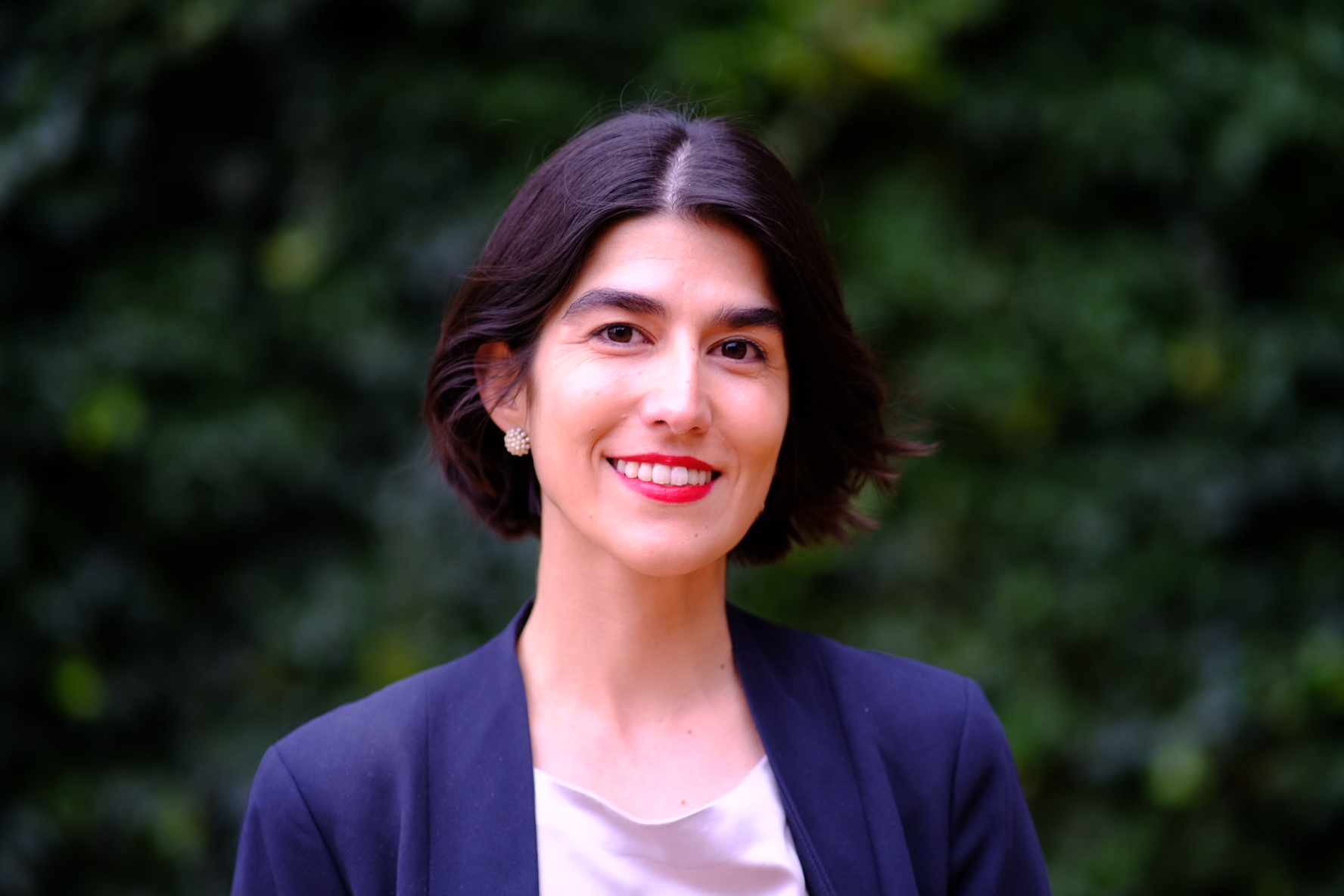
Tais Gadea Lara
Argentina
South America
MULTIMEDIA JOURNALIST SPECIALISED IN CLIMATE CHANGE
Tais Gadea Lara is the author of the newsletter on climate change Planeta and collaborates in different national and international projects, such as National Geographic, Climática La Marea and Climate Tracker. In 2020, the 35-year-old created the Environmental Journalism Workshop to train more people in the communication of the climate and ecological crisis. Since 2014, she has covered the climate negotiations and major events on the international climate policy agenda. She was recognized as one of the 100 Latinos most committed to climate action in 2023, 2022 and 2021.
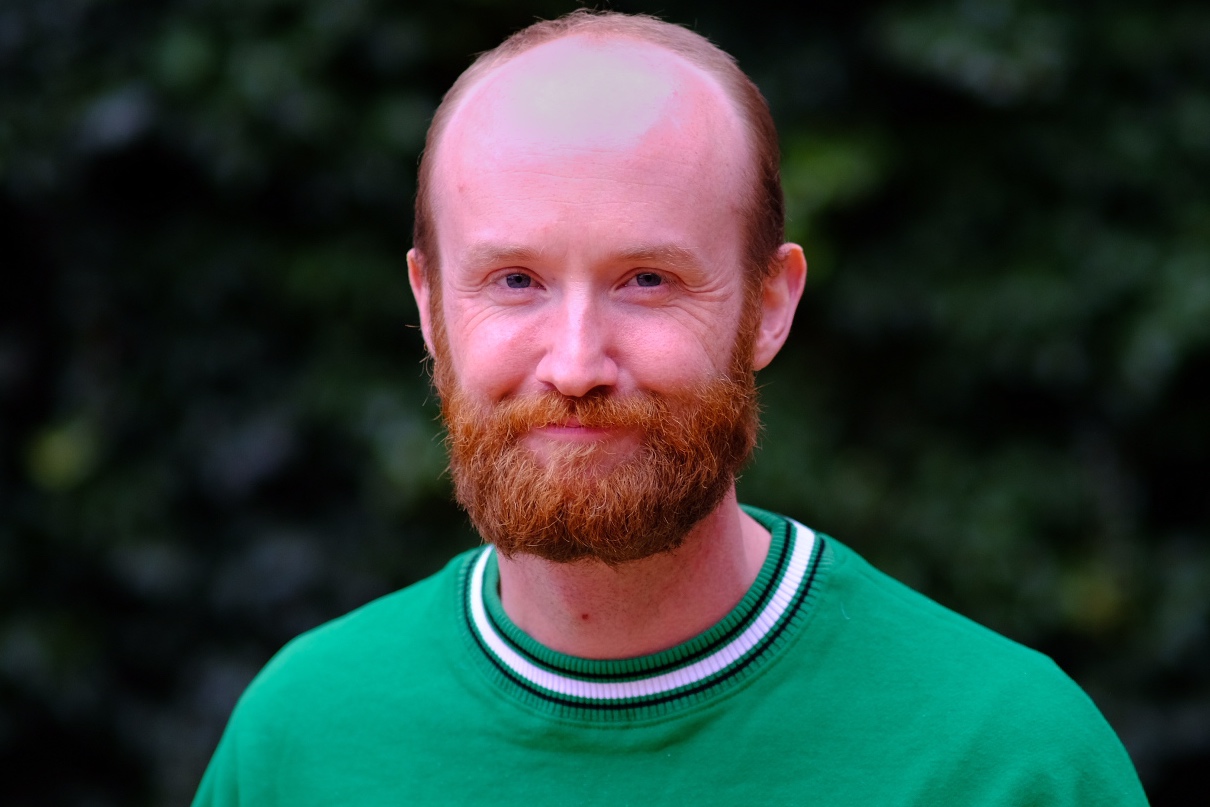
Liam Mannix
Australia
Oceania
NATIONAL SCIENCE REPORTER AT THE AGE & THE SYDNEY MORNING HERALD
Liam Mannix is a science journalist based in Melbourne, Australia. The 33-year-old writes for The Age and The Sydney Morning Herald as their national science reporter. His coverage of COVID-19 saw him awarded the 2020 Walkley Award for print feature writing, the 2022 Press Club Quill for Excellence in Science, Medical and Health Reporting, and the June Andrews Award for Industrial Relations Reporting. His work has appeared in two editions of the Best Australian Science Writing. He has twice won the Walkley Foundation Young Journalist of the Year (Innovation).
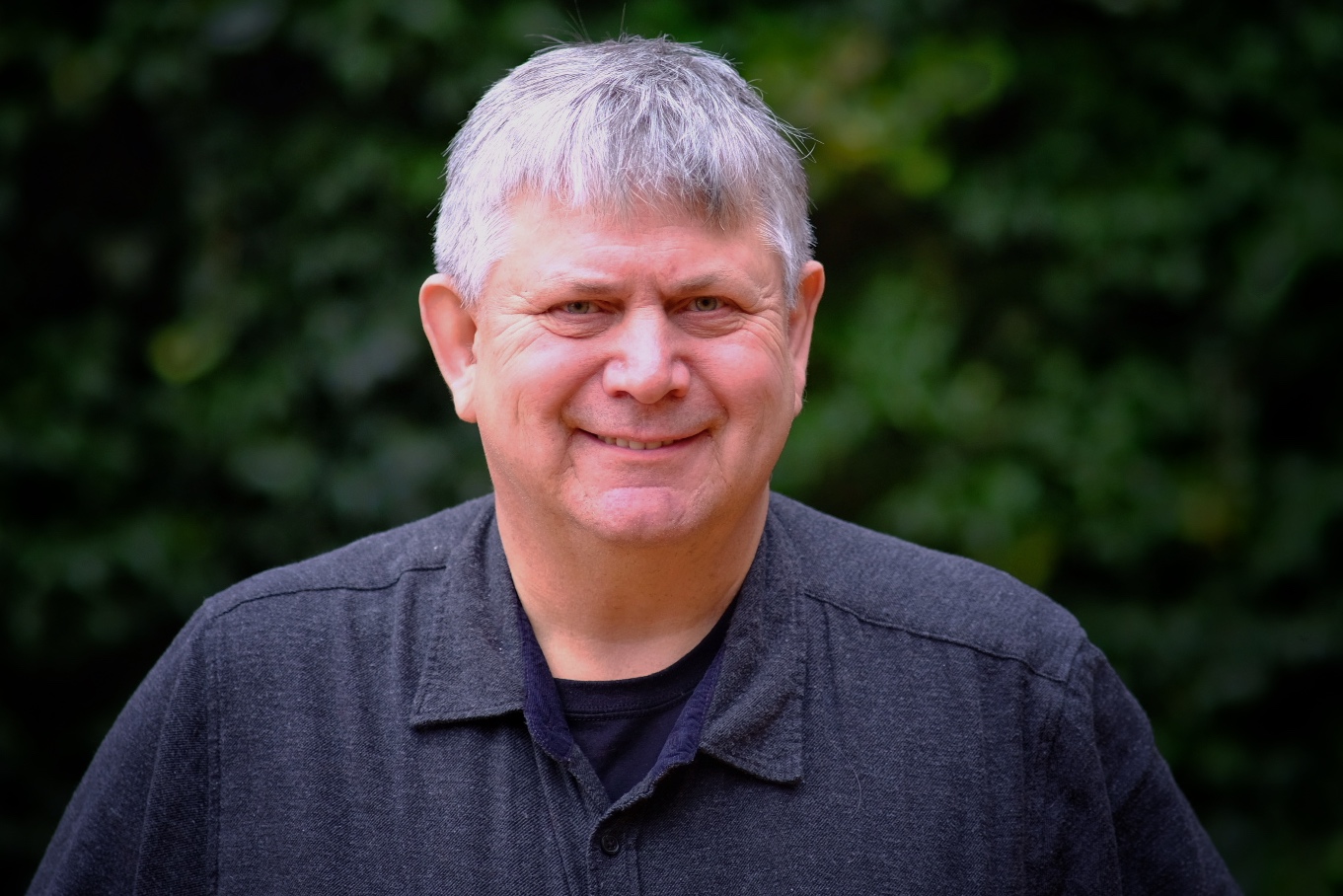
Kristian Elster
Norway
Europe
CLIMATE JOURNALIST AT NRK
Kristian is a 60 year old journalist at NRK (Norwegian State Broadcasting). Holding a bachelors degree in political studies, history and area studies, he has been working at NRK for over 23 years. Starting out as a radio journalist at NRK, he has mainly been working as an online journalist. Kristian was part of the sports department for eight years, before he moved into news, working mostly on foreign affairs. He has extensive experience in reporting from abroad, for example, covering three US elections on site, reporting on terror attacks in Algeria, and from the Crimea in 2014. Since 2020, Kristian has been part of the news department’s climate change group at NRK.



